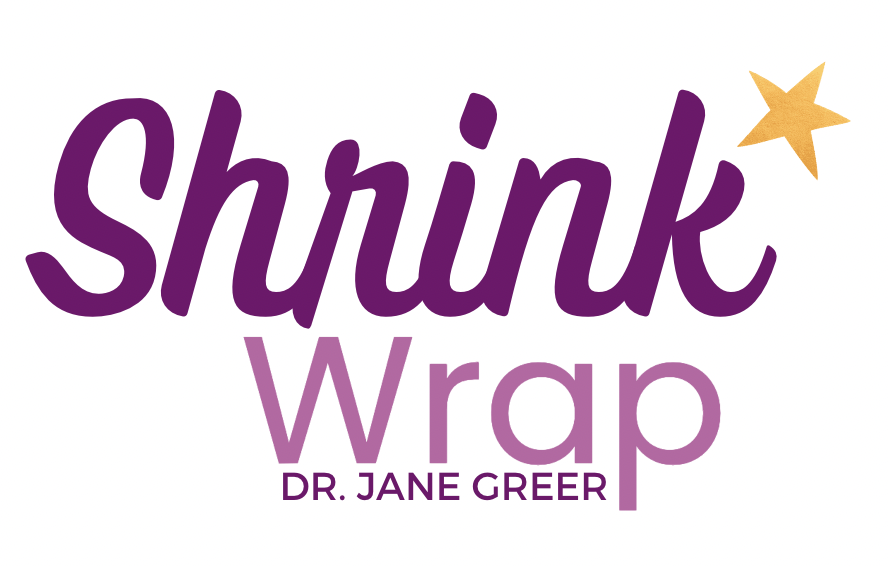What does cuddling say about your relationship?
BY ARYELLE SICLAIT AND EMILY BECKER
PUBLISHED: OCT 12, 2021
Umm...I thought we were just sleeping.
It's often an afterthought while you're falling asleep next to (or while holding hands with) your partner, but if you aren't already taking cuddling seriously, it's about darn time.
Whether you snuggle on the couch, in bed, or on a blanket in the park, it's an important part of a relationship. Not only can your preferred position—for cuddling, of course—reveal how you feel about each other, but there are also many health benefits that come from a good spooning sesh.
Turns out, getting touchy-feely is something humans are hardwired to crave. So, if you're the one who's always looking for an excuse for an extra hug or insisting that a good Netflix binge is made better by being close to each other, you can blame biology.
"Physical touch is a basic human need that promotes bonding, attachment, and connection," says Dr. Sarah Hunter Murray, PhD, RMFT, a sex researcher and relationship therapist. "It starts from the moment we are born with skin-to-skin contact between infant and caregiver. And while physical touch may look different as we get older, the need for touch continues all throughout our lives."
Of course, for some people, being a human pillow for their S.O. isn’t always worth waking up soaked in sweat, so cuddling might be a no-go. And hey, if you tend to prioritize solo comfort, that doesn’t mean you won’t still dream of your partner in a romantic slow-motion montage.
But for those who sleep better with their bae's arms wrapped around them, here's what that might say about you and the benefits of cuddling up.
What does your cuddling position say about you?
Yep, your body language says way more than you think—even when you're sleeping. The way couples position themselves in bed can "speak to how they look to one another for support, how they lean on each other—literally and emotionally—and how comfortable they are with closeness and intimacy," says relationship expert, Jane Greer, PhD, and author of What About Me?
